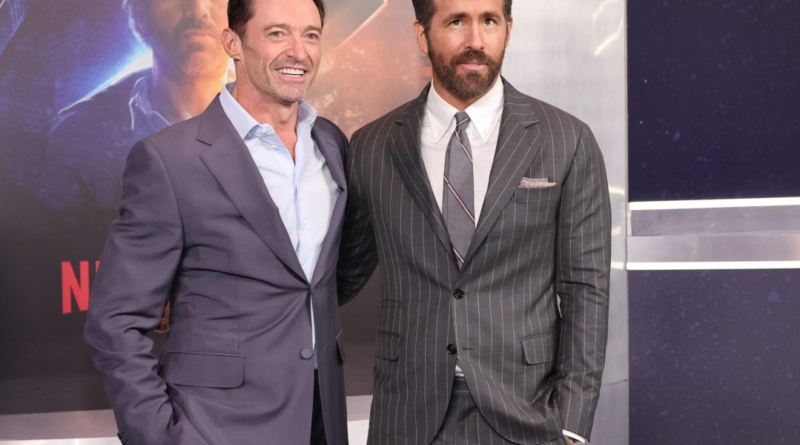Disney caps Marvel Studios output as it tries to recapture the magic of the ailing MCU
Hugh Jackman is returning one last time as everyone’s favorite clawed mutant this July when he appears alongside Ryan Reynold in the highly anticipated Deadpool and Wolverine sequel. For fans of the Marvel Cinematic Universe it will be this year’s first and only entry in the record-breaking franchise.
That’s because the CEO of Marvel parent company Disney has had enough of the recent spate of mediocrity that has the industry debating the question of superhero fatigue. Publicly naming and shaming his golden goose during his fiscal Q2 investor call, Bob Iger said it was time to clip its wings after the most recent film, The Marvels, suffered a record-poor box office.
“I’ve been working hard with the studio to reduce output and focus more on quality,” the Disney boss said in a frank admission reminiscent of comments he made last July. “That’s particularly true with Marvel.”
For Marvel Studios boss Kevin Feige, it’s a stunning fall from grace after cranking out one blockbuster movie after another as if on an assembly line. A series of critical and commercial flops as well as behind-the-scenes drama have, however, undeniably plunged the MCU into its first full-blown crisis—documented extensively last November by Variety.
With its interwoven plots stretched over multiple stand-alone films that gradually built suspense and anticipation culminating in the 2018–2019 Infinity Wars spectacle, the MCU redefined movie franchises. Rival studio Warner Bros. has for years failed in its attempt to re-create that success with its own DC universe, despite a more recognizable roster of heroes led by Batman and Superman.
The initial phases of the MCU centered around the two main tentpole characters of Iron Man and Captain America, portrayed by Robert Downey Jr. and Chris Evans, respectively, and backed by a strong supporting cast including Hollywood A-listers such as Scarlett Johansson and rising talent like Tom Holland.
After 2019’s Avengers: Endgame effectively completed their decade-plus story arcs, Marvel had to delve deep into its lore to generate fresh interest. But in its rush, it overestimated the box-office draw of Marvel’s lesser-known characters, thinking they could produce the same result as James Gunn’s Guardians of the Galaxy, a largely obscure title that benefited from an endearing story, strong acting, and a 2014 release during the MCU heyday.
Crisis stemmed from Disney’s hunger for streaming content
Disney also relied on untested directors to helm major theatrical projects like The Eternals and The Marvels, and overspent wildly on some Disney+ series with little to show for it. She-Hulk was canceled after one season as its heavy use of CGI effects meant episodes cost as much as $25 million per episode without capturing any of the MCU zeitgeist.
The chance that Disney will earn a return on its investment in this year’s new TV spinoff—the WandaVision offshoot Agatha, based on a minor MCU character called Agatha Harkness—seems unlikely. But Agatha and other shows of its ilk may have been too far along for Iger to cancel.
“Some of what is coming up is a vestige of, basically, a desire in the past to increase volume,” Iger told investors. “We’re slowly going to decrease volume and go to probably about two TV series a year instead of what had become four, and reduce our film output from maybe four a year to two, at the maximum three.”
The Disney boss can’t get off that easily, though. The MCU ballooned in size in an effort to drive subscribers to Disney’s strategically vital but hugely expensive streaming service, designed to compete with heavyweight rival Netflix. Iger has since pledged to cut $3 billion in content costs to achieve profitability at his direct-to-consumer business.
Marvel still officially lists four theatrical releases in 2025, though the Blade reboot with two-time Oscar winner Mahershala Ali has been plagued with delays and rewrites, and few would be surprised if the November debut date doesn’t hold.




